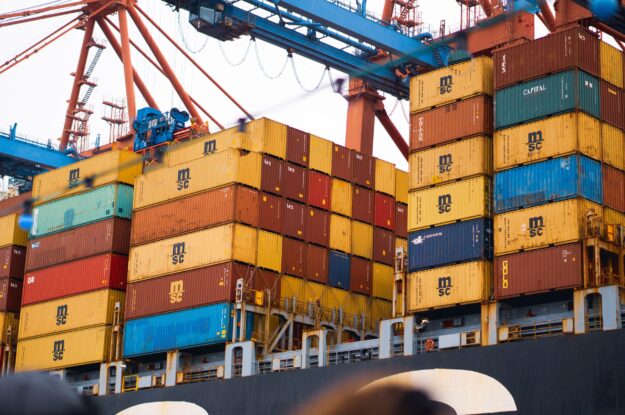Consumer Demand for Supply Chain Transparency: Trends and Insights
Consumer demand for supply chain transparency is on the rise, driven by increasing awareness of social and environmental issues and enabled by technology. Consumers want to know the origin and impact of the products they buy, and companies that meet this demand gain trust and loyalty. To address this trend, businesses can adopt certifications, implement traceability technologies like blockchain, and collaborate with stakeholders. However, challenges such as limited visibility and information sharing exist. Embracing transparency is not only ethically important but also a strategic move that can enhance brand reputation and drive positive change in the supply chain.










